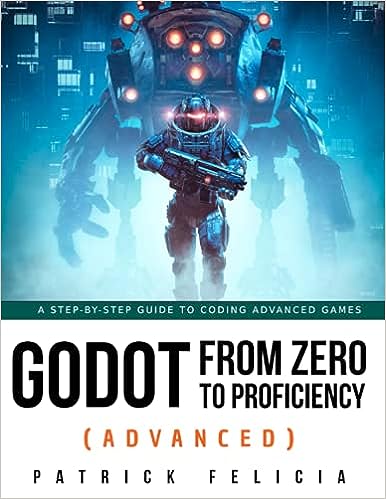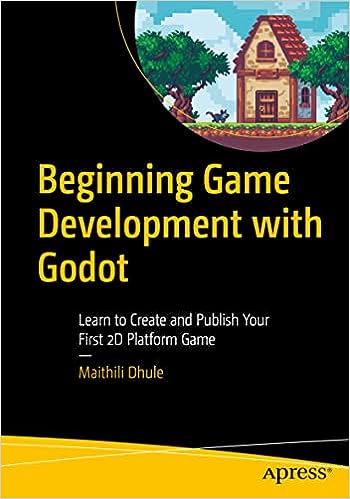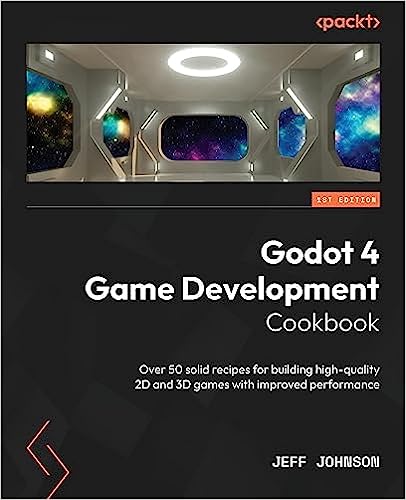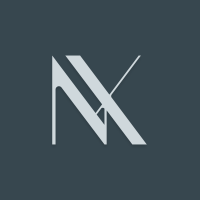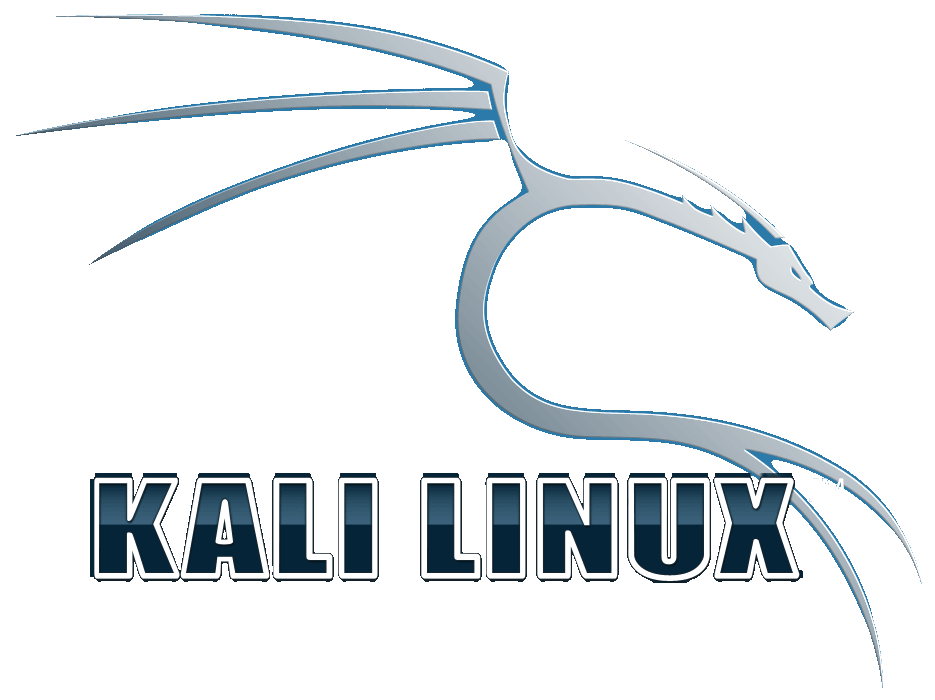Game Engine: Download Godot Engine Torrents
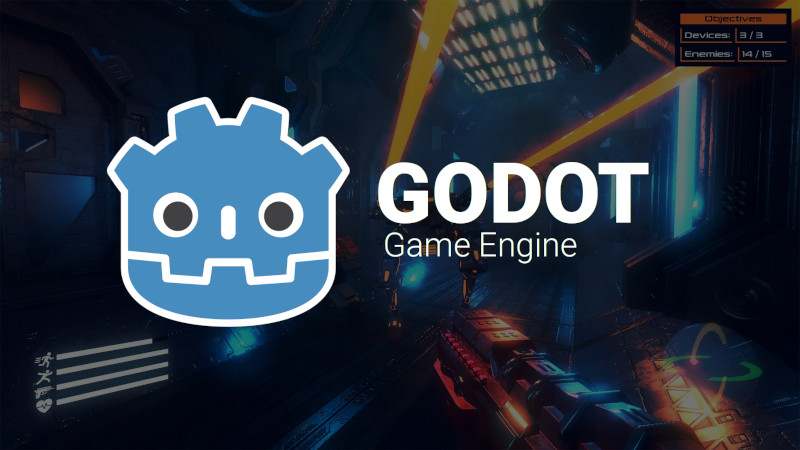
9093
13455
Godot is a 2D and 3D, cross-platform, free and open-source game engine released under the MIT license. The development environment runs on multiple operating systems including Linux, macOS, and Windows. Godot can create games targeting PC, mobile, and web platforms.
What makes Godot Special
Godot has a unique approach for game development. All you need are nodes: Godot comes with hundreds of built-in nodes that allow the developers to design their games with ease. The uncluttered visual editor is packed with all the tools needed that one will need. Friendly pipelines allow work to easily flow between artists, level designers, animators and everyone in between.
Godot offers a flexible animation system that can animate literally everything, going from bones and objects to function calls. Custom transition curves and tweens can be used to create incredible animations. It can event animate 2d rigs with skeletons and IK
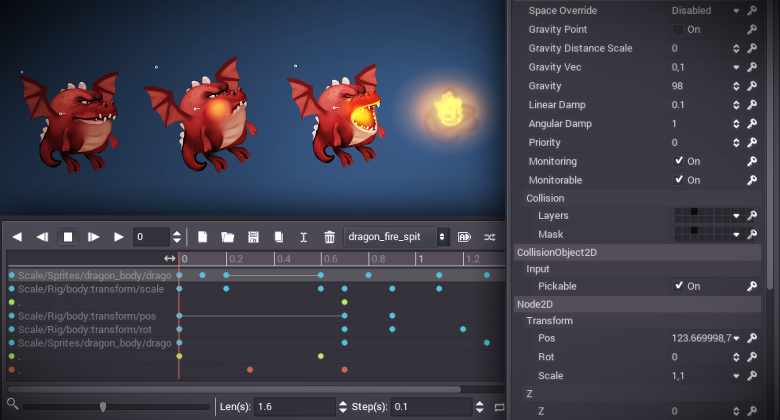
Godot supports many choices when it comes to scripting your game: GDScript a python-like scripting language, Full C# 8.0 using Mono, Full C++ support without needing to recompile the engine, visual scripting using blocks and connection, Rust, Nim, D and many additional languages .
The editor is designed to work Windows, macOS, Linux, and *BSD. Game can be exported for Windows, macOS, Linux, UWP, *BSD, iOS, Android, HTML and WebAssembly. They can even be exported to Nintendo Switch, PS4, Xbox One via third-party providers (more info here) .
With Godot, it's easy to develop for Augmented and Virtual Reality (AR / VR). Their plugin structure allows the interaction with OpenVR, OpenXR, and Oculus SDKs. It is compatible with the HTC Vive, Valve Index, Oculus Rift, Oculus GO, Oculus Quest Microsoft's MR headsets and many more.
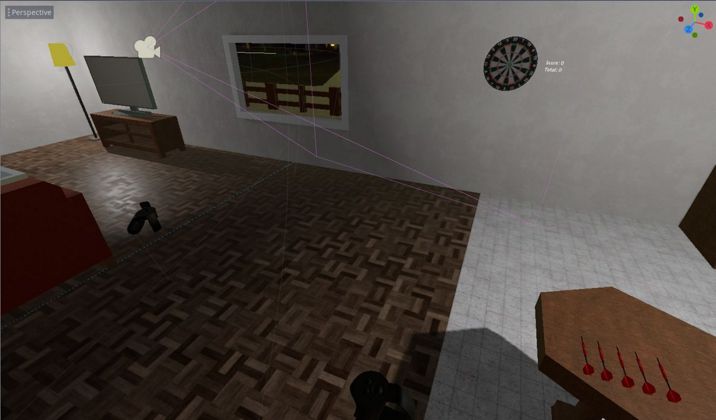
Choosing between 3.4.x and 3.5
We decided to continue supporting the 3.4.x branch for a little while. Version 3.4.5 has been released 3 days before 3.5 and we want to make sure you get to have the best transition possible.
Bellow is a quote from Godot's release notes and it states that version 3.4.x is compatible with the new 3.5 branch.
While most development focus is on our upcoming Godot 4.0 release, many contributors and users want a robust and mature 3.x branch to develop and publish their games today, so it's important for us to keep giving Godot 3 users an improved gamedev experience. Most of work was aimed at implementing missing features or fixing bugs which are critical for publishing 2D and 3D games with Godot 3.x, and at making the existing features more optimized and reliable.
Godot 3.5 is compatible with Godot 3.4.x projects and is a recommended upgrade for all 3.4.x users.
Learn the basics
Fireship has created a two minutes video that explains the basics and how to get started.
Downloads
New Feature: Hybrid Torrents
Hybrid torrents support the BitTorrent V1 and V2 protocol. Its support is not well spread out yet so we recommend that you still use v1 (aka the "torrent" column).
Windows Editions

Unofficial torrent created by FOSS Torrents.

Unofficial torrent created by FOSS Torrents.

Unofficial torrent created by FOSS Torrents.

Unofficial torrent created by FOSS Torrents.
macOS Edition
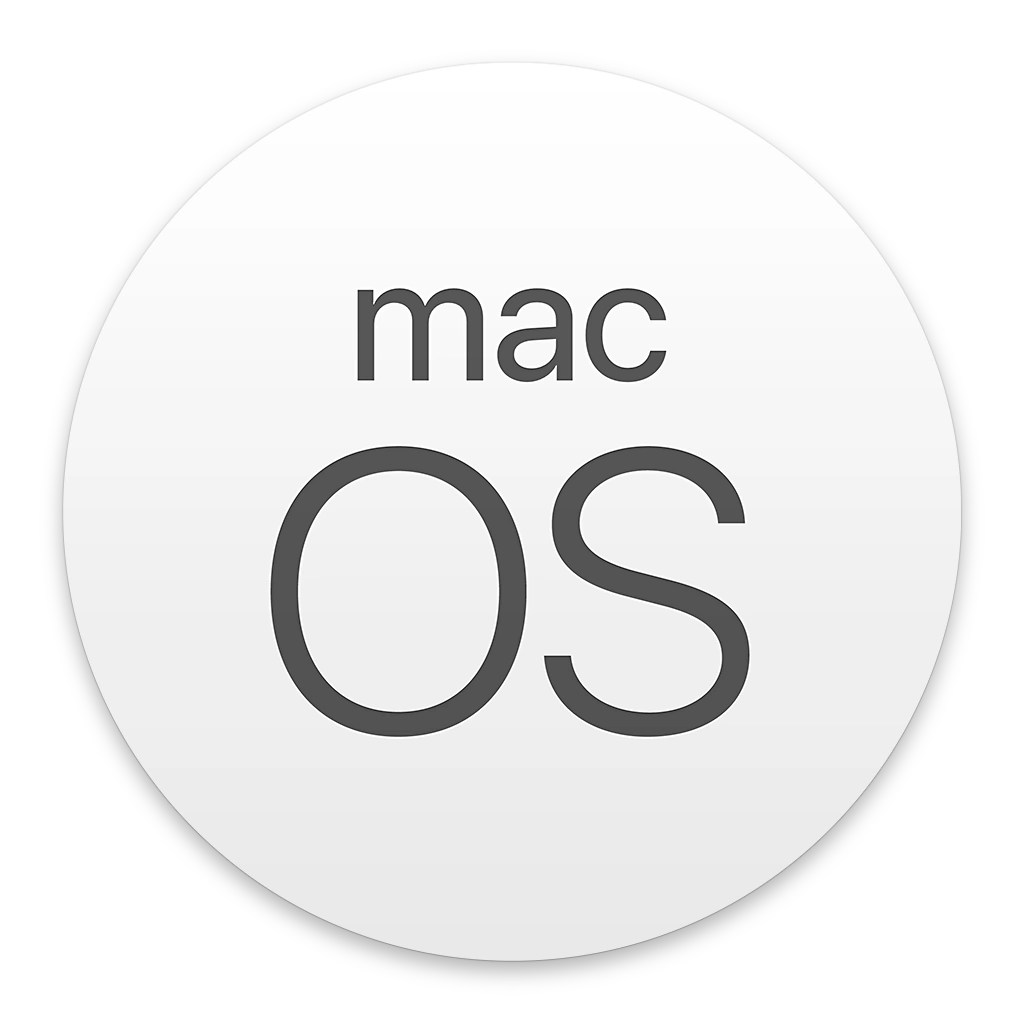
Unofficial torrent created by FOSS Torrents.

Unofficial torrent created by FOSS Torrents.
Linux Editions

Unofficial torrent created by FOSS Torrents.

Unofficial torrent created by FOSS Torrents.

Unofficial torrent created by FOSS Torrents.

Unofficial torrent created by FOSS Torrents.
Android Editions

Unofficial torrent created by FOSS Torrents.
Export Templates

Unofficial torrent created by FOSS Torrents.

Unofficial torrent created by FOSS Torrents.
Batch Files

